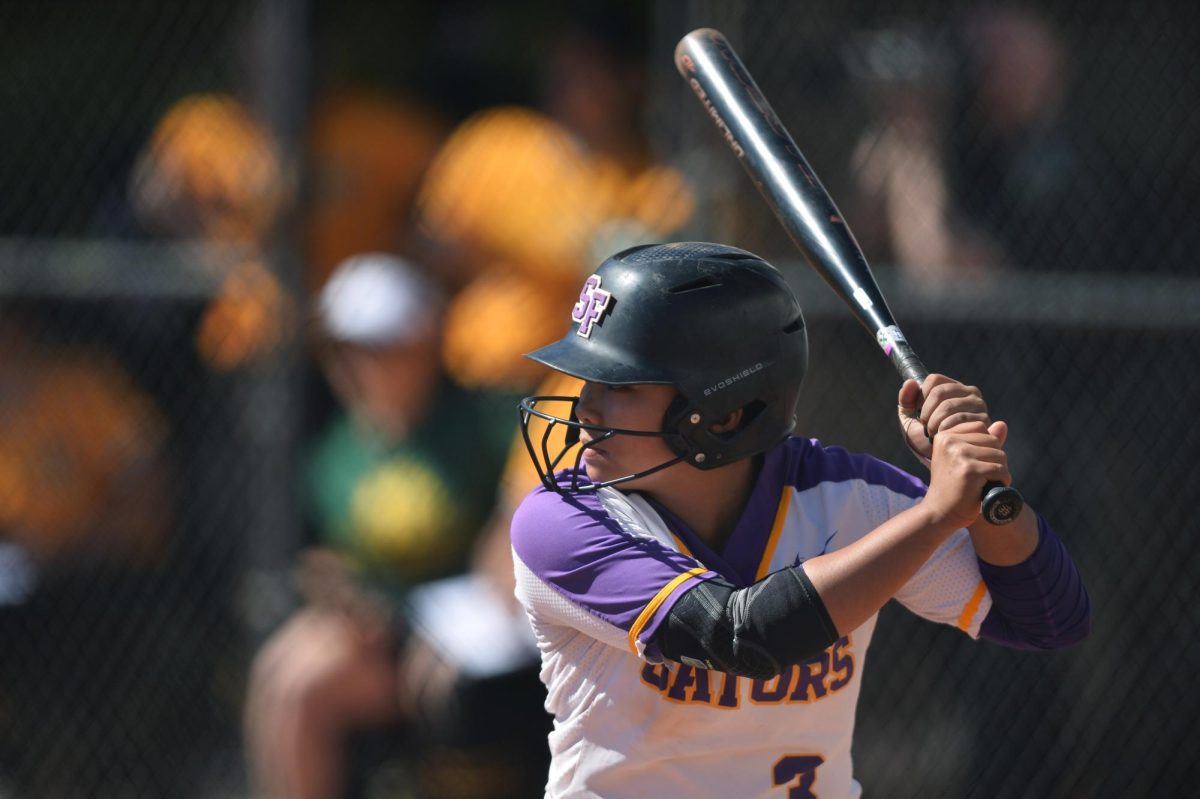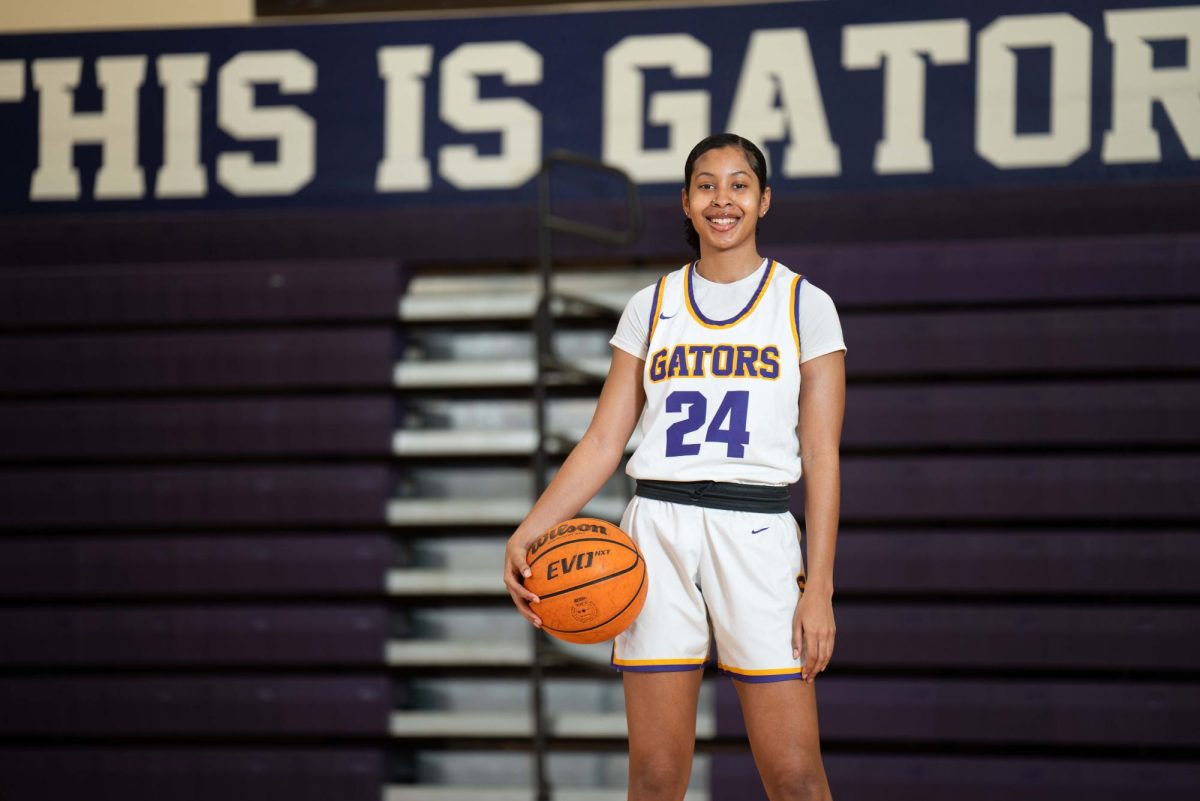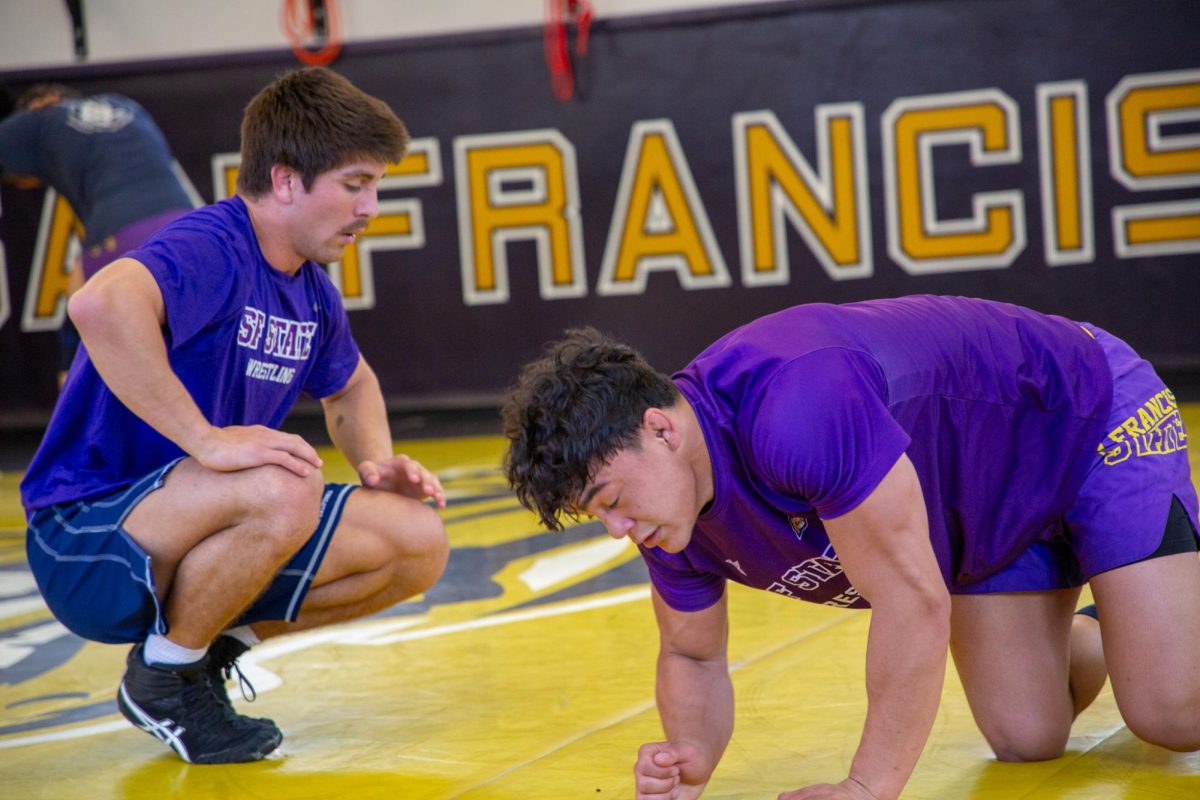Student athletes put their blood, sweat and tears, nearly all year round, into school and their sport. They are dedicated to their coaches and their employer, the NCAA, but don’t benefit from their work financially.
The NCAA receives $1.1 billion from CBS and Turner for the rights to broadcast March Madness. ESPN pays the NCAA $470 million to broadcast their football playoff. Conferences and colleges can also make up to millions in revenue.
The University of North Carolina Tar Heels basketball team conquered the March Madness tournament this past month and won the NCAA title. Roy Williams, their head coach, makes more than $2 million per year according to USA Today. After his team beat Gonzaga in the title game, he received $925,000 in bonuses.
The players on the other hand, received championship shirts, cool hats and some air time on SportsCenter. They may get some publicity, but unfortunately publicity does not guarantee monetary compensation students need to pay their bills and other expenses.
These athletes are not allowed to accept any form of payment from their school, boosters, agents or coaches. Simply put, everyone makes money from the sport, except for the actual players.
This one-sided profit brings to question the morality of the NCAA. The organization and their supporters state that student athletes get free schooling, housing and food while also receiving priority registration every semester.
But an important point to note is that players are not necessarily working toward degrees in rigorous majors. Many college athletes major in less stressful subjects in order to have time to concentrate on their respective sports. Also, unlike the average college student, student-athletes don’t have time to work, so they have to rely on other means of monetary support to pay for normal college activities. And coaches are restricted from giving their athletes money as this goes against NCAA rules.
When the NCAA found out former University of Southern California football player Reggie Bush accepted over $200,000 from an agent while in college from 2003-2005, they took away his Heisman trophy and USC was placed on probation for four years. A two-year postseason ban was imposed on the team.
Ten minutes before the 2016 NFL draft, University of Mississippi left tackle Laremy Tunsil’s Instagram was hacked and a text conversation between Tunsil and the Ole Miss athletic director was posted. In the text, Tunsil asked the director for money for his mom’s rent and electric bill. This greatly hurt his draft stock, dropping him from potential first overall pick to the 13th pick. Jared Goff, the first overall pick in that draft, signed a four-year $27,937 contract and Tunsil signed a four-year $12,457 contract. Tunsil potentially missed out on about $15,000.
As far as Division II schools like SF State are concerned, it would be difficult to pay the players.
“It’d be really hard to pay players at the DII level,” said Sports Information Director Brandon Davis. “Money isn’t being pulled in like it is in DI. Most of that money comes from big-time TV contracts.”
Even though DII teams don’t typically play on big networks like ESPN, the school does have a deal in place with Comcast Hometown Network, which reaches more than 1.2 million homes in the Bay Area, to televise eight home basketball doubleheaders.
Why shouldn’t the men’s and women’s players actually get a slice of the cash they’re making for the school?
The NCAA makes billions from schools all over the nation. Should the players get a cut?







